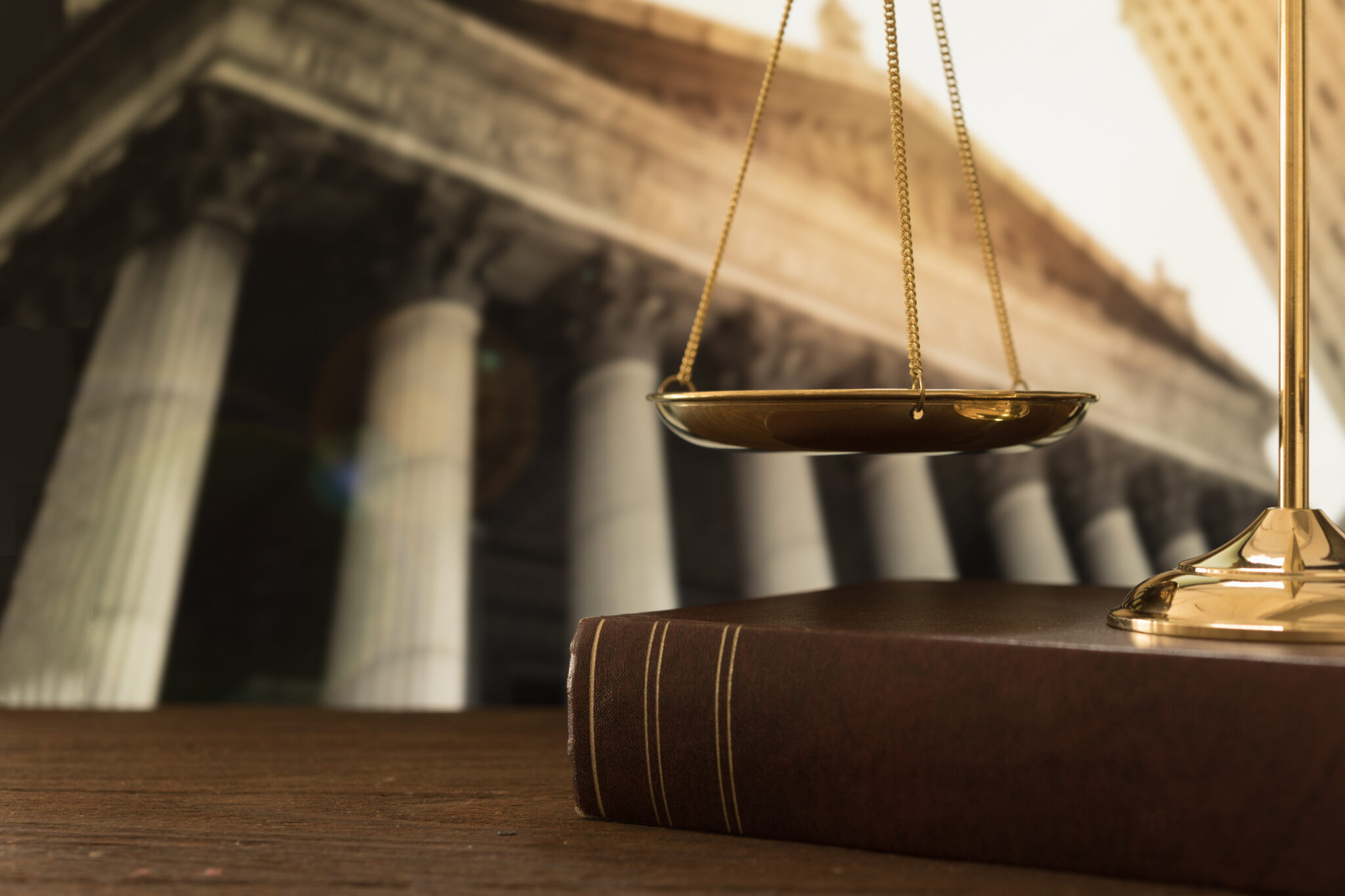
September 23, 2010 By Carmel Sileo
The California state legislature has unanimously approved a bill designed to make jury trials faster and easier and to allow more plaintiffs with smaller claims to have their cases heard in court.
The Expedited Jury Trials Act (Assembly Bill 2284) was introduced by Assembly member Noreen Evans (D-Santa Rosa), a former trial lawyer. The bill, which has received praise from both the plaintiff and defense bars, is expected to be signed into law later this month.
The law would require that both sides voluntarily agree to the expedited version. Some key features of the speedy trials:
- Each side would get three hours to present its case, including opening and closing statements.
- Standard rules of evidence would apply.
- Evidentiary objections would be handled during a pretrial conference.
- Juries would consist of eight people with two alternates, and each side would have three peremptory challenges.
- Both sides would waive motions for a directed verdict and post-trial motions, and venues for appeal would be limited.
- Witness lists, exhibits, and other materials would be exchanged 25 days before trial.
- The two sides would reach a “high/low agreement,” that is, a mutually agreed-on minimum and maximum amount of damages that would apply regardless of the jury’s verdict.
Supporters say these rules would allow plaintiffs to bring smaller cases that might not otherwise go to court, and predicted that the expedited trials would be used most often in cases where the damages are $30,000 or lower.
The law was developed over 18 months of meetings held by the California Judicial Council. Participants included members of the defense and plaintiff bars, the state chamber of commerce, insurance companies, judges, and consumer groups. The final bill was modeled on a similar statute passed in South Carolina five years ago.
Once the bill becomes law, it will take effect on January 1, 2011, and apply to all counties in the state.
Christopher Dolan of San Francisco, who is president of the Consumer Attorneys of California and helped draft the bill, said it would provide two main benefits: allowing small-value cases to go to trial and resolving discrete issues that may be an impediment to settlement.
“Altogether, it is an extremely useful and efficient tool,” Dolan said. He noted that because of state budgetary cuts, plaintiffs are facing fewer available courtrooms and courtroom dates, and any plan to expedite trials would reduce that backlog.
Dolan added that another important benefit of the bill “is reducing what we call juror fatigue. Juries will no longer be expected to spend three weeks on a trial, and more citizens will have the opportunity to participate in a jury trial.”








